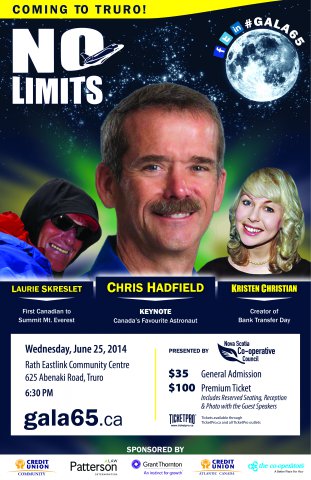
Speaker: Sharyn Inward, Program Manager, RAIN, Green Communities Canada
Managing stormwater with infrastructure improvements can help to mitigate the impact of traditional development practices, which can cause the combined volume of rain and wastewater to exceed a sewer system’s capacity. Pollutants in the runoff from rainwater can destroy biodiversity, while excess stormwater backups can result in the increase of street and basement flooding. Practices that can green stormwater infrastructure include modifications to a range of soil, water and plant systems in order to green housing, yards, community spaces and municipal lands that intercept stormwater, infiltrating a portion of it back into the ground, air and sewer system.
Affordable housing providers, municipal environmental service departments and community organizations will have an opportunity to learn about practical, cost effective stormwater management solutions, such as rain gardens, treescapes, rain barrels, container gardens and porous pavement. We will be joined by Green Communities Canada Sharyn Inward, who will discuss these strategies, along with exciting new programs in the United States that work with housing, neighborhood groups, schools and businesses to manage stormwater that, in addition to creating jobs, have created more livable, prettier communities with higher property values and improved health outcomes.
[ register here ]
SPEAKER
Sharyn Inward has over twentyyears of experience researching, developing, funding, implementing, managing and evaluating community-based environmental awareness and action programs. Notable examples include Cancer Prevention (Women’s Health and Environmental Network) and Well Aware and Pesticide Free Naturally (Green Communities Canada). Sharyn’s latest work includes developing and implementing the RAIN Program, addressing lot-level stormwater management in eight Ontario communities and Depave Paradise, both for Green Communities Canada, as well as designing green buildings and houses in her spare time. Areas of specialization include community engagement, program development, water quality, stormwater, energy efficiency, green building, passive solar greenhouses and architecture for small, natural buildings.
- Green Communities Canada(GCC) is a national association of community organizations that help people go green – in their homes and gardens, on the road, at work and in the community. Sharing knowledge and best practices, GCC is a leader in delivering programs and services at the community level, and is represented in every region of the country.
Please note that, as always, webinars are free for CHRA members.
For non-members, the cost is $40 + tax.





